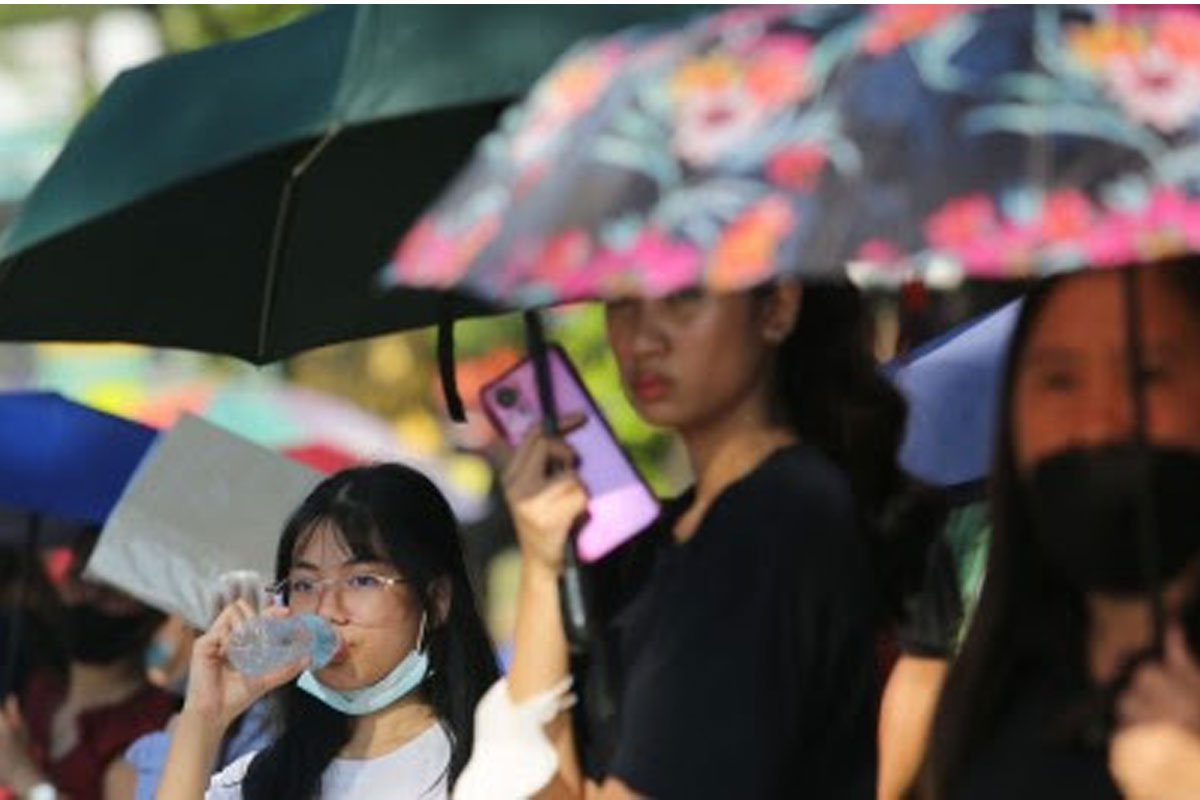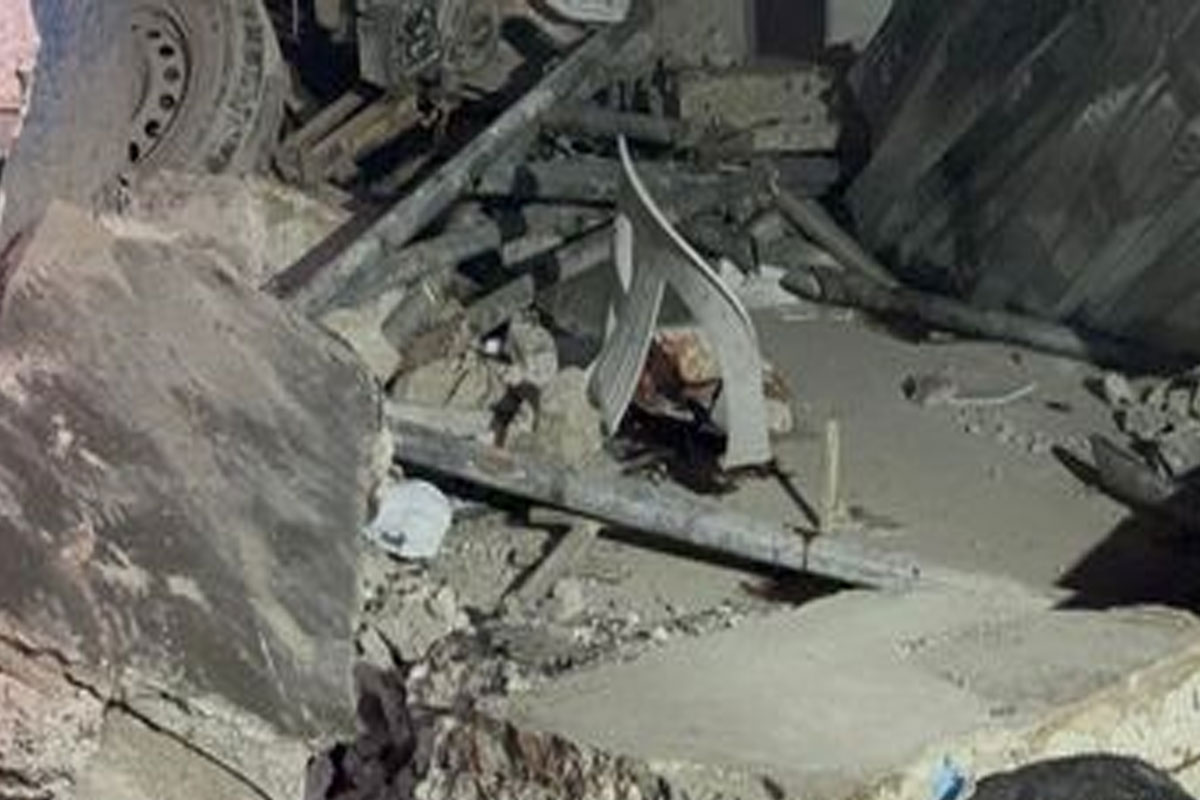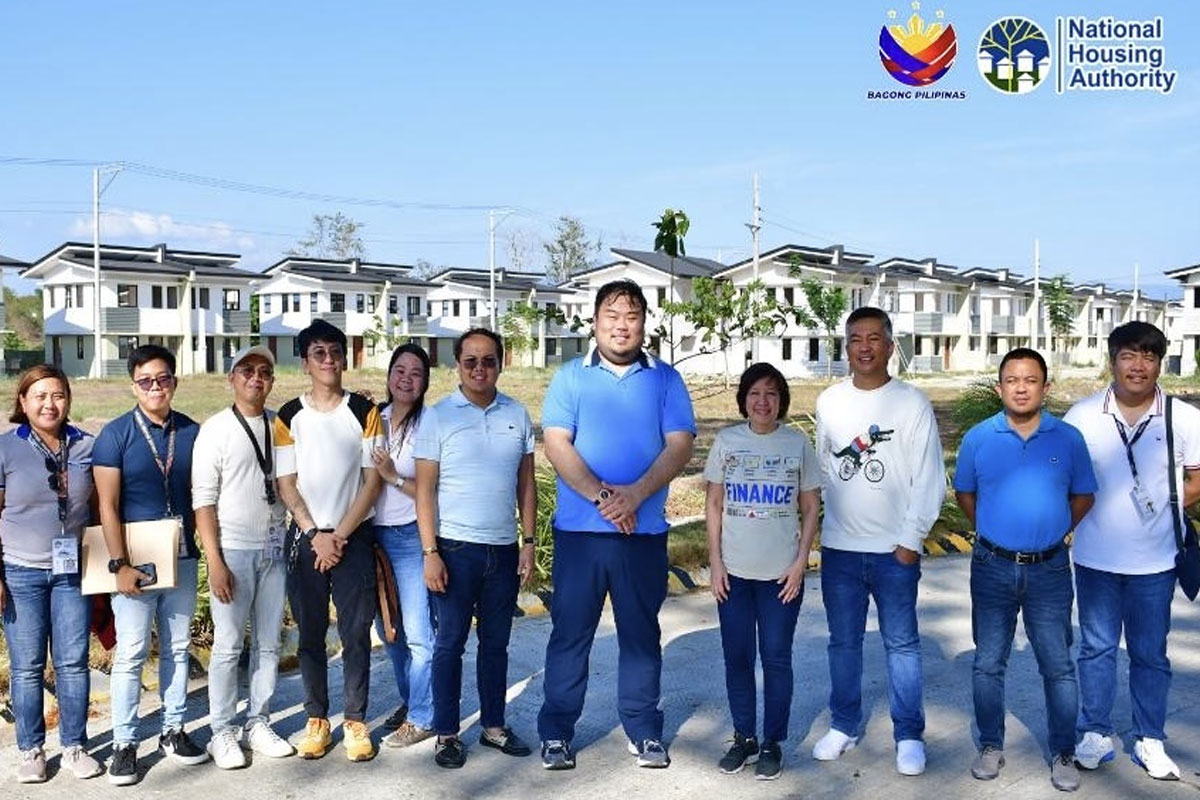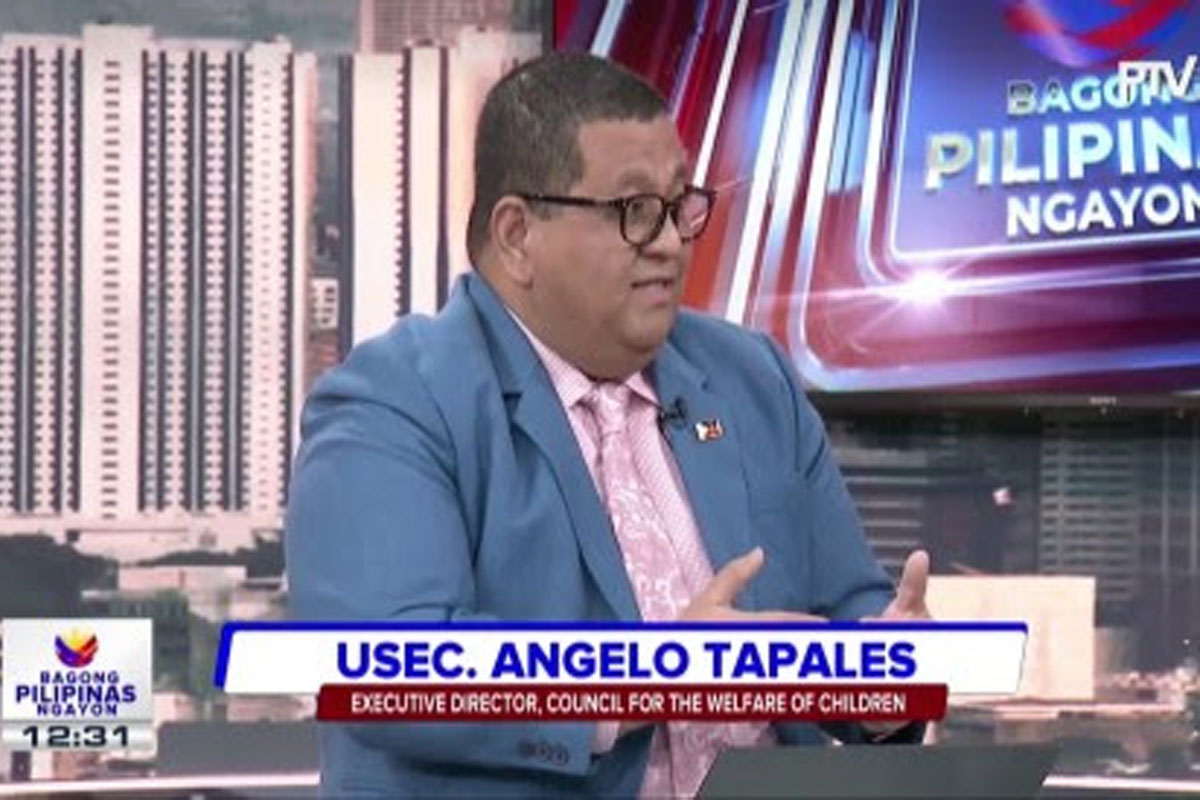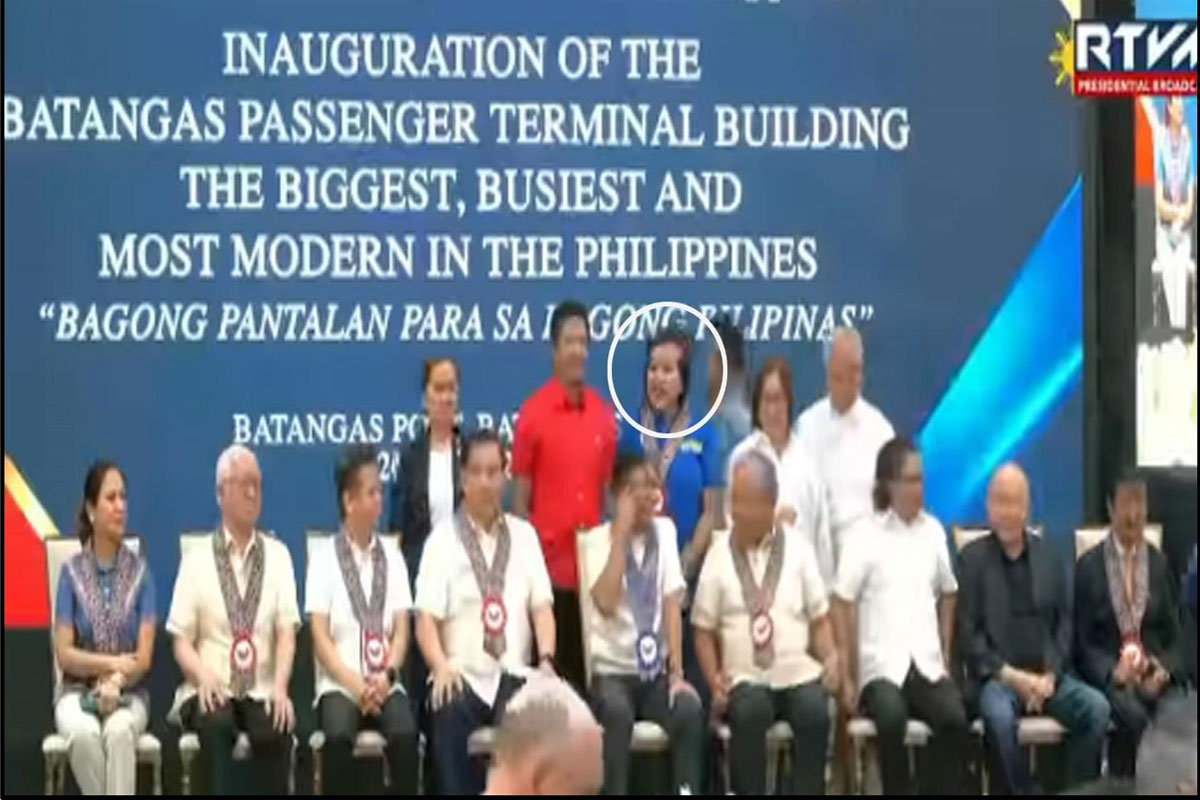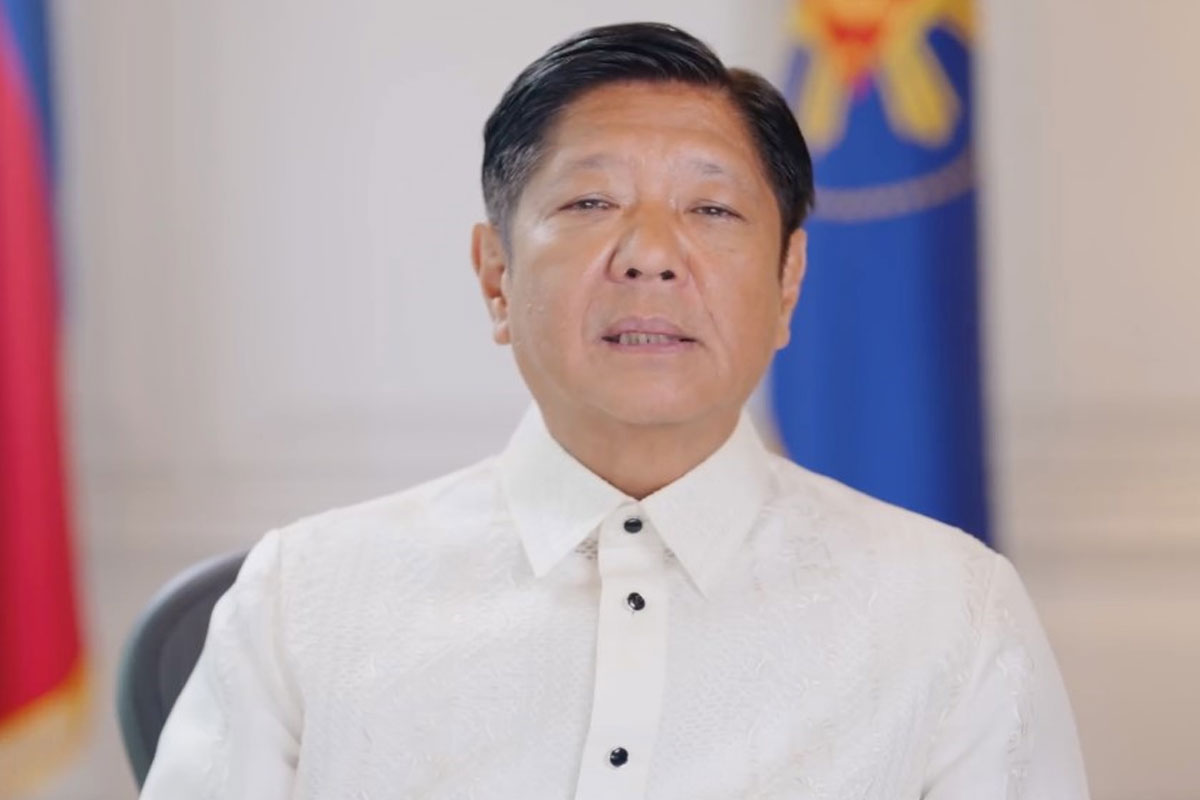
Agricultural smuggling
PEOPLE concede that the country’s farmers and fishers, who comprise the bulk of the population, continue to wallow in hunger and poverty because of agricultural smuggling.
In fact, agricultural smuggling is acknowledged to be one of the principal reasons why more and more farmers and fishermen find it hard to send their children to college.
Smuggling is the illegal movement of commodities across national borders to avoid the payment of taxes, duties, tariffs and other charges to government authorities.
The economic impacts of smuggling include reduction in state revenues, distortion in prices of locally-produced commodities, and risk of entry of plant and animal pests.
Admittedly, the entry of smuggled agricultural goods and products, like rice, sugar, onion, garlic, corn, carrots and fish, reduces the income of farmers and fishers.
“Marami na ngang magsasaka at mangingisda ang pumapasok na lang na laborer dahil halos wala na nga silang kinikita,” lamented a daughter of a vegetable farmer.
“They now work as janitors, messengers, tricycle drivers, gardeners and even sidewalk vendors in Metropolitan Manila and other urban centers,” the farmer added.
But the administration of President Ferdinand “Bongbong” R. Marcos Jr. is seen to move heaven and earth just to enhance the living conditions of farmers and fishers.
Admirers of the new Chief Executive said the only son and namesake of the late President Ferdinand E. Marcos has a large dose of political will to modernize agriculture.
In their view, modernizing Philippine agriculture is key to the upliftment of the living conditions of our people, particularly those in the impoverished rural communities.


